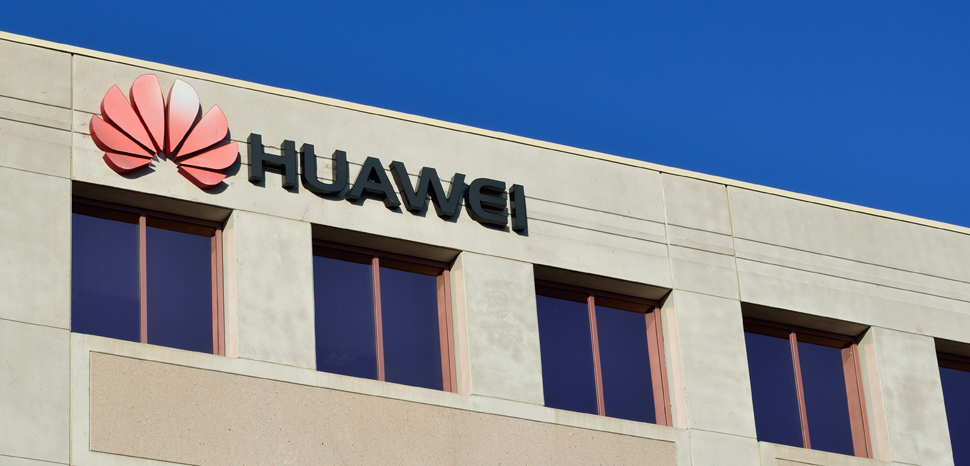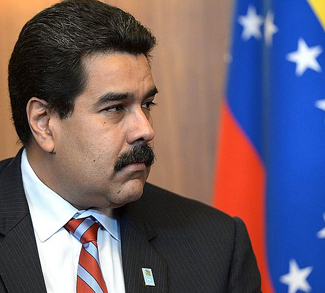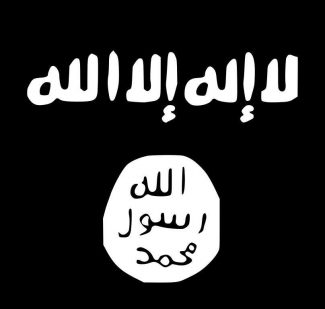As one of the world’s most recognizable and controversial brands, Huawei stirs up debate unlike any other comparable corporate giant of its time. In the 33 years following its humble origins as a manufacturing start-up with less than $6,000 in seed capital, Huawei’s market share and global footprint have far outgrown its original business plan, which included telephone switches and a domestic customer base in China. With operations in over 170 countries, Huawei has surged in the race to 5G technology, dominating an already constrained number of competitors, for what will prove to be an important progression in the telecommunications sector.
Yet, in spite of its successes, Huawei’s inability to shake allegations of close ties with the Chinese Communist Party remains a hurdle for its ambitions in Western markets. As a result, the company’s meteoric rise from a sleepy telecoms equipment provider to global household name stems less from its standing as the world’s 2nd largest smartphone manufacturer (behind Samsung) and more from its recurring appearance in discourse surrounding sovereignty, security, and the modern age of spycraft.




